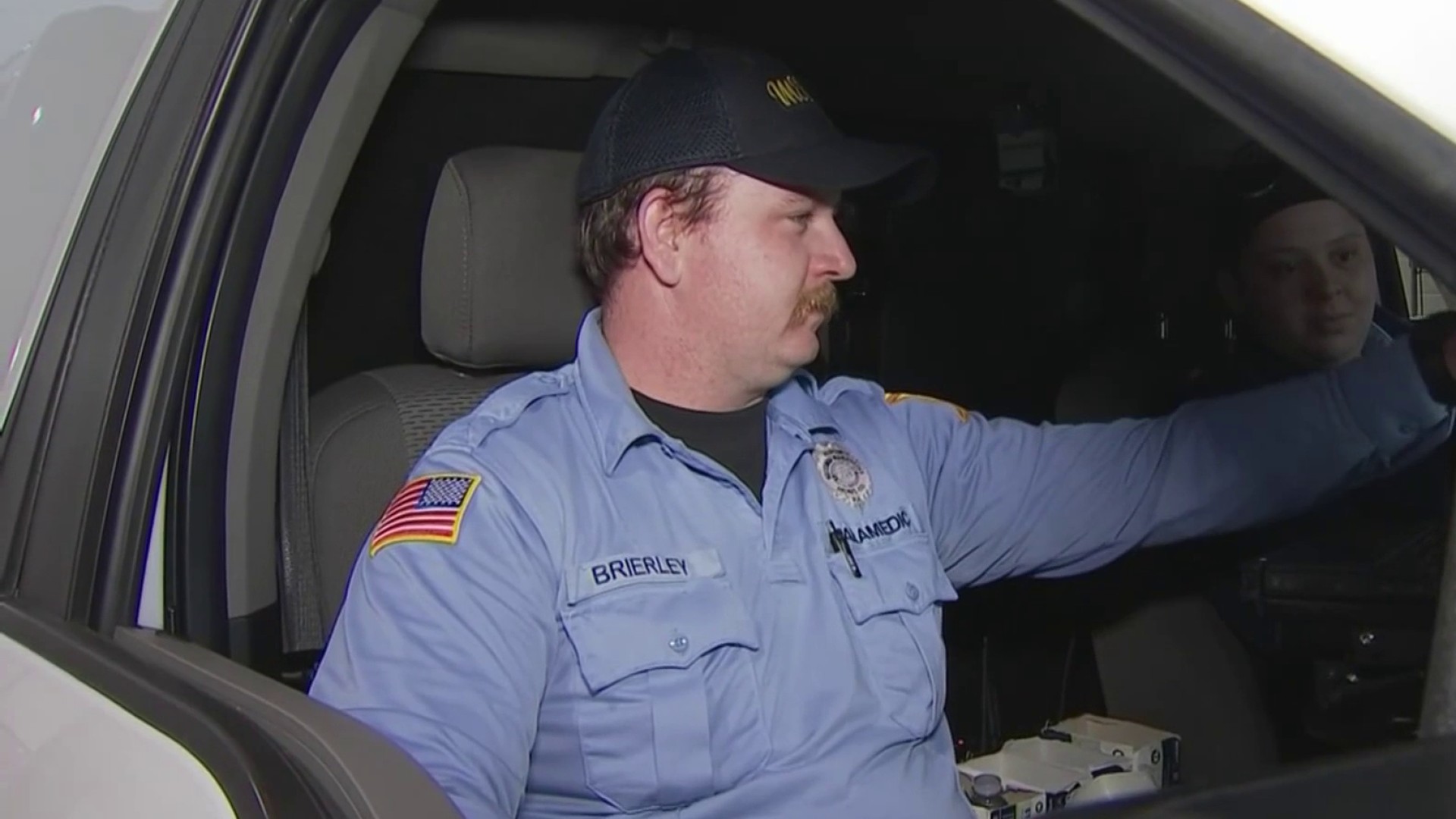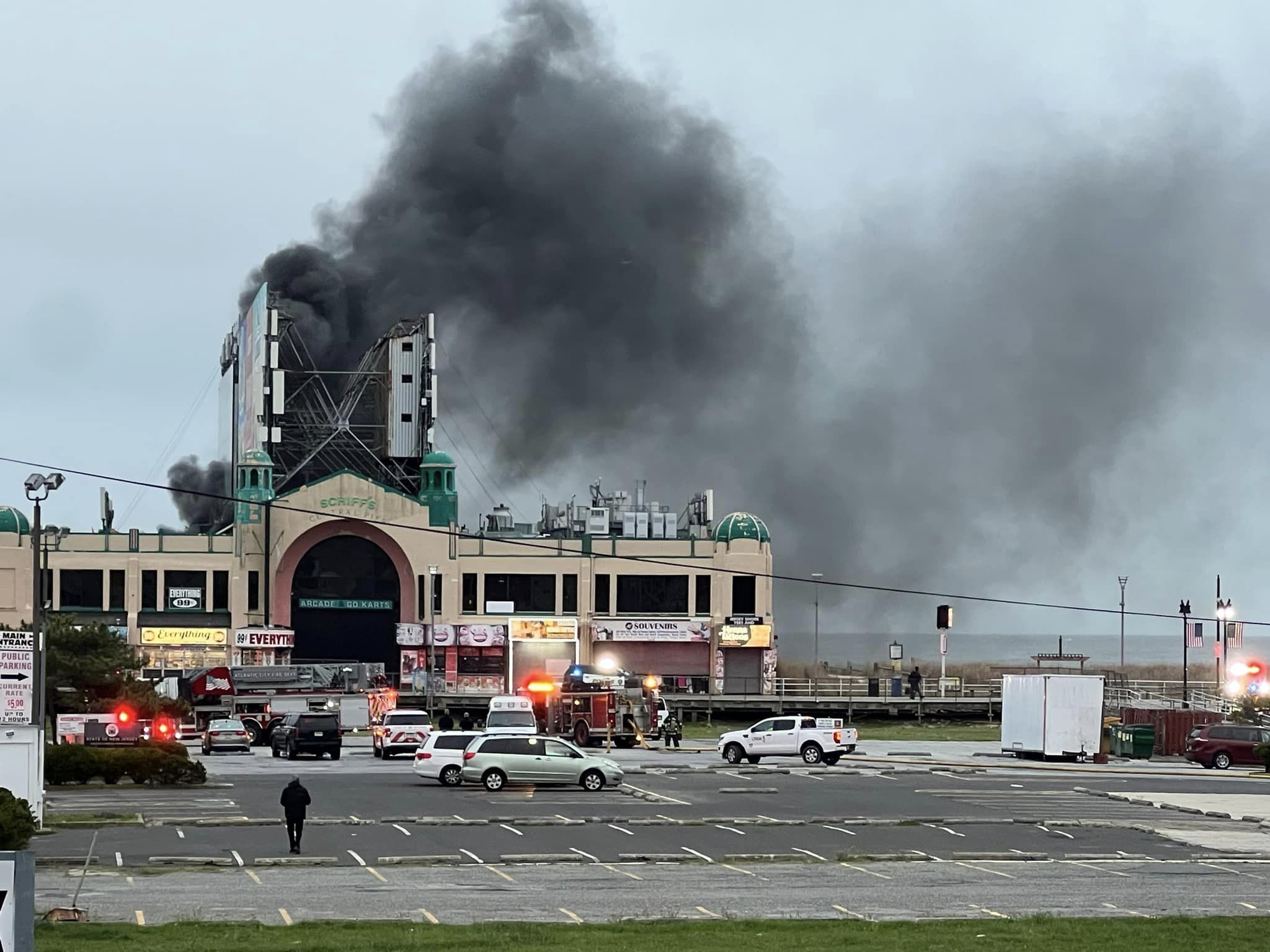Closing arguments began Tuesday morning in the civil trial for the 2013 Market Street collapse catastrophe that killed seven and left another dozen people hurt.
Plaintiffs' attorney began the two days of closings, with the defense expected to begin their arguments in the afternoon. It marks a significant milestone in a trial going on five months, though it does not mean an end is near.
The six defendants are developer Richard Basciano and his company STB, his project representative Plato Marinakos, demolition contractor Griffin Campbell, Campbell’s excavator operator Sean Benschop, and the Salvation Army, which owned and operated the store that Basciano’s building crushed the morning of June 5, 2013.
Plaintiffs' attorney Steve Wigrizer began the day rehashing arguments and testimony that called into question the oversight and management of the project by STB officials and, by extension, its principal owner, Richard Basciano.
Early on in the trial, plaintiffs' attorneys used emails leading up to the disaster between an STB manager, Salvation Army officials and STB's project representative, Marinakos, to argue both an indifference to potential dangers and incompetence by all parties.
Wigrizer pointed to a June 2 email that he claimed showed "a very, very bad and despicable thought process." The email involved a plan to take down much of the building while leaving a four-story chimney that was attached to the Salvation Army. It was a vengeful ploy, Wigrizer claimed, by STB officials to get back at the Salvation Army for ignoring STB's requests for roof access during the demolition.
Wigrizer also described it as "a despicable plan in the context of a building on Market Street."
Local
Breaking news and the stories that matter to your neighborhood.
Attorneys for the defendants have at times during the trial blamed each other for what caused the collapse and resulting deaths. Alternately, attorneys for STB and Basciano would blame Marinakos or the Salvation Army, the Salvation Army would blame STB and Marinakos, Marinakos would blame Benschop and Campbell, and STB, Basciano and Marinakos would blame Benschop and Campbell.
Benschop and Campbell are serving lengthy sentences in jail for their roles in the collapse. They are the only two who were criminally tried. Marinakos served as a willing witness for the Philadelphia District Attorney in the cases against the two.
Day two of closings Wednesday is shaping up as a clash of titans in Philadelphia's legal world. Defense attorneys for Marinakos and the Salvation Army will present arguments in the morning, including attorney Jack Snyder.
Then, two of the city's best known civil case litigants, Richard Sprague and Robert Mongeluzzi, will present their closings in the afternoon. Sprague is the attorney for Basciano. Mongeluzzi is one of the lead attorneys for the plaintiffs.
After the closing arguments, Judge M. Teresa Sarmina will charge the jury to begin deliberations. Her instructions in the charging phase could make as long as half of the day Thursday.
The jury will then deliberate over a 36-question verdict sheet, which will determine whether any or all of the five defendants in the case are liable for damages to the families of the seven people killed and the surviving victims.
If any defendants are found liable, the trial will then enter its damages phase, during which attorneys will then present expert witnesses to give testimony about how much value can and should be assessed when life is lost, people are injured, and trauma is incurred upon victims.
The jury would then deliberate again.
No timeframe has been set for the entire process, but Sarmina has put time limits on the closing arguments for both the plaintiffs and the defense. Without any unforeseen occurrences, closings will conclude by Wednesday afternoon.



